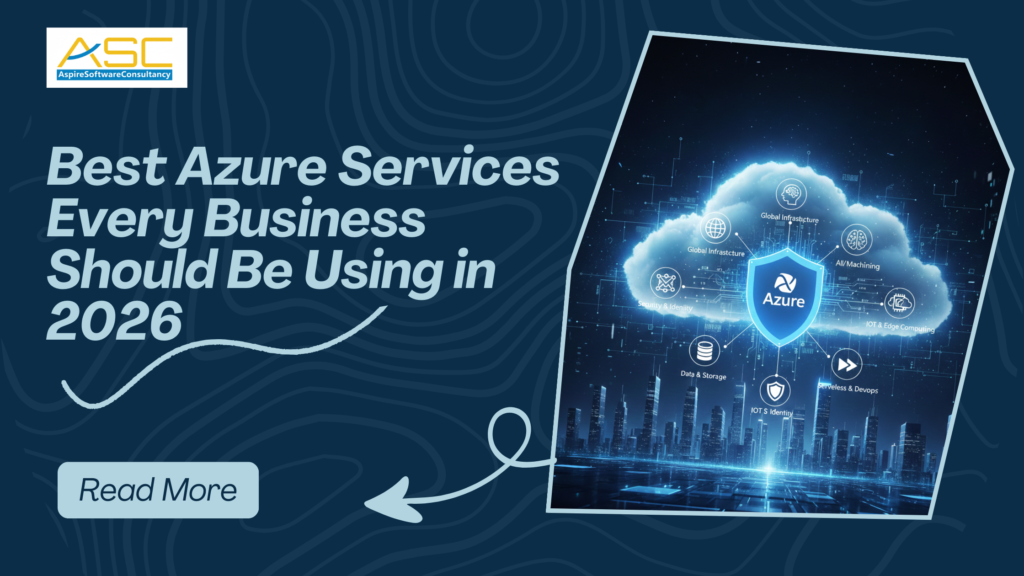The financial technology (fintech) industry has witnessed remarkable growth in recent years, driven by rapid advancements in technology, changing consumer behaviors, and a demand for more efficient, secure, and accessible financial services. As we look to the future, fintech software development is poised to continue its evolution, introducing new trends that will shape the industry. In this blog, we’ll explore some of the emerging trends in fintech software development and offer insights on how businesses can prepare for these changes.
- Artificial Intelligence and Machine Learning
Artificial Intelligence (AI) and Machine Learning (ML) have already made significant inroads in fintech, and their influence is set to expand even further. AI and ML are being leveraged to enhance various aspects of financial services, from risk assessment and fraud detection to personalized customer experiences and automated trading.
What to Expect:
- Predictive Analytics:
AI-driven predictive analytics will become more sophisticated, enabling financial institutions to forecast market trends, customer behavior, and credit risks with greater accuracy.
- Chatbots and Virtual Assistants:
The use of AI-powered chatbots and virtual assistants will increase, offering customers more efficient and personalized support.
- Enhanced Fraud Detection:
AI and ML algorithms will continue to evolve, detecting fraudulent activities in real-time with higher precision.
How to Prepare:
- Invest in AI/ML Expertise:
Ensure your development team is equipped with AI/ML skills and knowledge to integrate these technologies into your fintech solutions.
- Focus on Data Quality:
AI and ML rely heavily on data, so it’s essential to maintain high-quality, clean, and structured data to maximize the effectiveness of these technologies.
- Implement Continuous Learning:
Develop systems that can learn and adapt over time, improving their accuracy and relevance as they process more data.
- Predictive Analytics:
- Blockchain and Decentralized Finance (DeFi)
Blockchain technology and Decentralized Finance (DeFi) are reshaping the financial landscape by offering secure, transparent, and decentralized alternatives to traditional financial systems. As blockchain adoption grows, we can expect more fintech applications leveraging this technology.
What to Expect:
- Smart Contracts:
The use of smart contracts on blockchain platforms will increase, enabling automated, trustless transactions and agreements without intermediaries.
- Tokenization of Assets: *
More financial assets, including real estate, stocks, and commodities, will be tokenized, allowing for fractional ownership and greater liquidity.
- Cross-Border Payments:
Blockchain will continue to revolutionize cross-border payments, offering faster, cheaper, and more secure transactions.
How to Prepare:
- Explore Blockchain Use Cases:
Identify areas where blockchain can add value to your fintech offerings, such as improving transparency, reducing costs, or enabling new business models.
- Collaborate with DeFi Platforms:
Partner with established DeFi platforms to integrate decentralized financial services into your products.
- Stay Updated on Regulations:
Keep an eye on evolving regulatory frameworks surrounding blockchain and cryptocurrencies to ensure compliance.
- Smart Contracts:
- Open Banking and API Integration
Open Banking, which allows third-party developers to build applications and services around financial institutions, is gaining traction worldwide. This trend is powered by Application Programming Interfaces (APIs), which enable seamless integration between different financial services.
What to Expect:
- Increased Collaboration:
Financial institutions will increasingly collaborate with fintech startups, leveraging APIs to create new products and services.
- Personalized Financial Products:
Open Banking will drive the creation of more personalized financial products tailored to individual customer needs.
- Improved Customer Experience:
APIs will facilitate the integration of various financial services, offering customers a more seamless and convenient experience.
How to Prepare:
- Develop API-First Strategies:
Design your fintech applications with APIs at the core, enabling easy integration with other platforms and services.
- Ensure Security and Compliance:
Implement robust security measures to protect customer data and ensure compliance with Open Banking regulations.
- Foster Partnerships:
Explore partnerships with banks and other financial institutions to leverage Open Banking opportunities and expand your service offerings.
- Increased Collaboration:
- RegTech (Regulatory Technology)
As the fintech industry continues to evolve, so too does the regulatory landscape. RegTech, or regulatory technology, is emerging as a crucial component of fintech software development, helping companies navigate complex regulatory environments and ensure compliance.
What to Expect:
- Automated Compliance:
RegTech solutions will increasingly automate compliance processes, reducing the burden on financial institutions and minimizing the risk of regulatory breaches.
- Real-Time Monitoring:
Advanced RegTech tools will offer real-time monitoring and reporting capabilities, allowing companies to stay ahead of regulatory changes.
- Enhanced Risk Management:
RegTech will play a key role in risk management, providing tools for identifying, assessing, and mitigating risks.
How to Prepare:
- Integrate RegTech Solutions:
Incorporate RegTech tools into your fintech platform to streamline compliance and reduce the risk of non-compliance.
- Stay Informed on Regulations:
Keep up-to-date with regulatory developments and ensure your software is designed to adapt quickly to new requirements.
- Invest in Risk Management:
Focus on building robust risk management frameworks that leverage RegTech to identify and mitigate potential risks.
- Automated Compliance:
- Cybersecurity and Data Privacy
As fintech continues to grow, so too does the importance of cybersecurity and data privacy. With increasing amounts of sensitive financial data being processed and stored, ensuring the security and privacy of this data is paramount.
What to Expect:
- Advanced Threat Detection:
Fintech companies will adopt more advanced threat detection and prevention technologies to safeguard against cyberattacks.
- Data Encryption:
Encryption technologies will continue to evolve, offering stronger protection for sensitive financial data.
- Privacy-Centric Solutions:
There will be a growing focus on developing privacy-centric solutions that give users greater control over their personal data.
How to Prepare:
- Implement Strong Security Protocols:
Ensure your fintech applications are built with robust security measures, including encryption, multi-factor authentication, and secure data storage.
- Focus on Compliance:
Adhere to data protection regulations, such as GDPR and CCPA, and ensure your software is designed to meet these standards.
- Conduct Regular Security Audits:
Perform regular security audits and vulnerability assessments to identify and address potential security gaps.
Conclusion
The fintech industry is at the forefront of technological innovation, and staying ahead of emerging trends is crucial for success. By embracing AI and ML, blockchain, Open Banking, RegTech, and cybersecurity, fintech companies can develop cutting-edge solutions that meet the evolving needs of customers and regulators alike. Preparing for these trends requires a proactive approach, investment in the right technologies, and a commitment to continuous learning and adaptation. As the fintech landscape continues to evolve, those who are ready to innovate and adapt will be best positioned to thrive in this dynamic industry.
- Advanced Threat Detection:






